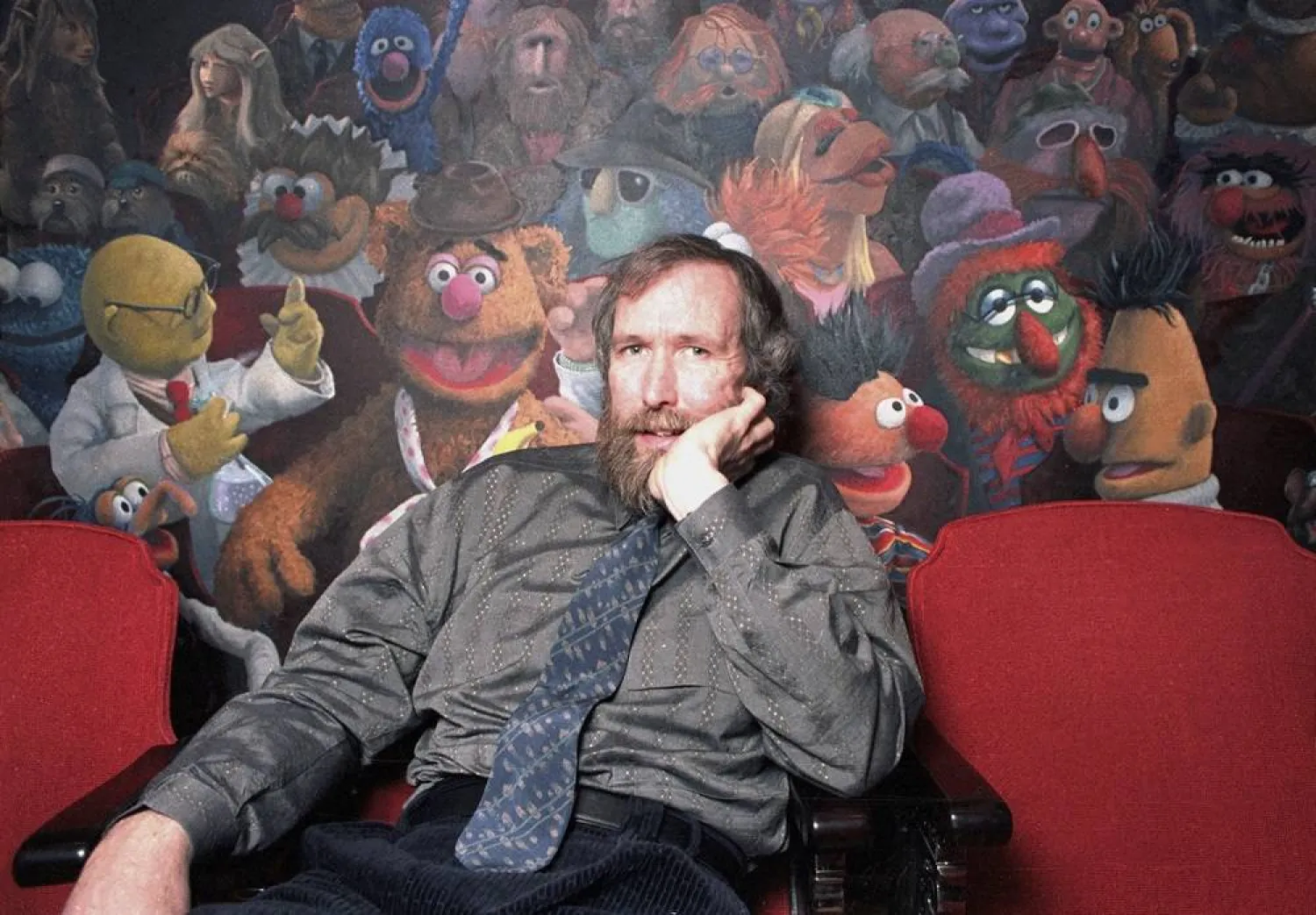There are moments when the spark of creation suddenly ignites and history stops. Like when the Wright brothers got a plane to fly. Or when Oreo added double filling. Maybe just as resonant was when Jim Henson cut up his mother’s green coat into odd shapes and added ping-pong balls for eyes.
At that moment, he birthed Kermit the Frog, who would go on to enchant generations. Kermit’s humble beginnings are part of the engrossing and enlightening documentary “Jim Henson Idea Man” and it’s apt to start with the sweetly outgoing Kermit, who is in many ways Henson’s alter ego.
The Ron Howard-directed Disney+ movie is a kinetic mix of show clips, interviews, bloopers, behind-the-scenes workplace videos, home movies and artist sketches — as animated as Henson’s Muppets, who educated millions on “Sesame Street” and entertained even more on “The Muppet Show.”
Viewers are walked chronologically through Henson’s early life in rural Mississippi, his teaming up with his wife, Jane, on early late-night TV appearances, his often oddball sensibility, his self-doubt, embrace of educational TV, his marriage crumbling, the red-hot height of fame and then the fall with “Labyrinth.” It’s as definitive as you can get. We even learn why he chose to grow a beard: acne scars.
It’s also a portrait of a driven, brilliant creative man who wanted to be taken seriously as an artist and had lifelong ambivalent feelings about becoming America’s favorite preschool entertainer. Writer Mark Monroe makes it seem as if he often felt straightjacketed, like an arm stuck in a puppet’s felt body.
Watchers will walk away with a deeper understanding of a man who had such an outsized presence in their childhoods. Once you realize that Henson was, in his heart of hearts, really a experimental filmmaker, you better understand the whacky, psychedelic videos on “Sesame Street” or why The Great Gonzo eats a rubber car tire to “Flight of the Bumblebee.”
The voices Howard has wrangled are fantastic, from Frank Oz (the Burt to Henson’s Ernie), puppeteer Fran Brill, puppet builder/costume designer Bonnie Erickson and actors Jennifer Connelly and Rita Moreno. Henson’s own short diary entries — “attend seminar in Cambridge re: Children’s TV workshop” — are also put to good use, as is footage from his funeral, a joyous affair.
One weird quibble is the decision by Howard — who apparently met Henson once, briefly — to put his interview subjects in a sterile, grey room with brick walls. Why keep going back there to celebrate a figure who opposed formality?
Frank Oz, the voice of Miss Piggy and Ernie who was Henson’s puppeteering partner in crime for decades, is wonderfully honest about his yin-and-yang relationship with Henson — “it was both a joy and a grind” — as are Henson’s children about their father, who died in 1990.
“There’s an honesty and an integrity to what he was creating. He was creating it because he needed to create it,” one says. Another concludes: “He showed that creativity, artistry, metaphor can be used as a great power of good.”
There are fascinating moments — like when we learn that Kermit wasn’t originally a frog at all — to ones more sublime, like how Miss Piggy made her dramatic entrance as a star in her own right. (A clip of her flirting with Morley Safer is priceless.) Viewers may shake their head when learning that all the networks initially passed on “The Muppet Show” and it had to be made in England.
It’s a documentary, ultimately, about creativity and a singular mind, one who dreamed up a gaggle of friends for life: Big Bird, Cookie Monster, the Count and, of course, Kermit, stitched from an old coat.









